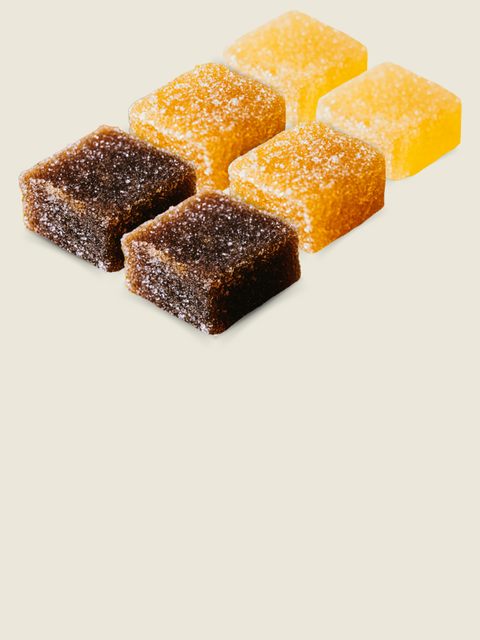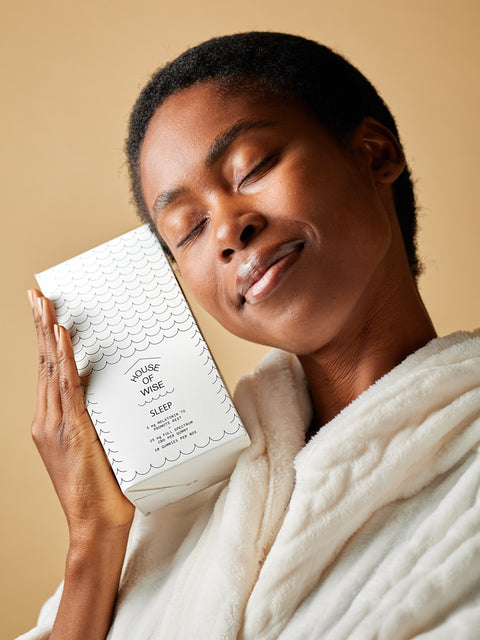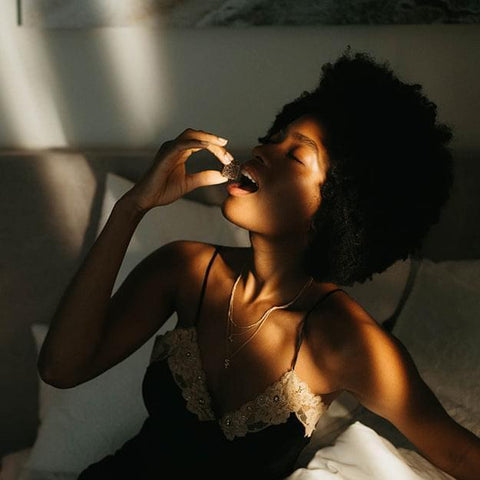Frequently Asked Questions
Yes, you can. Please go to our live chat and choose "Track my order."
You will be asked to enter your order information.
If you are having any problems getting an update from our automated system, please request help directly in the chat.
We ship to all locations within the United States and most countries!
We now offer international shipping on our Libido Gummies and Sleep Gummies. Head over to www.dailylibidogummies.com or www.dailysleepgummies.com and enjoy international shipping today!
All orders will be shipped within 1 to 2 business days. Once the shipping label is created, you will receive a shipping confirmation via email with tracking details. Please note fulfillment and shipping do not take place outside of business hours or on weekends or holidays.
Hemp-derived CBD does not produce a high. House of Wise uses only hemp-derived CBD extract that contains <0.3% THC. CBD is not marijuana.
Read more in our post: Does CBD Get You High? The Blunt Truth
At this time, we do not accept returns or give refunds for opened items. If you have a leftover product, please gift the item to someone or recycle it as you wish.
You could get a positive drug test from using cannabis products like CBD oil. CBD itself won’t show up on a drug test, but small traces of THC may be found (HOW products are 0.3% THC or less). If you are expecting to take a drug test anytime soon, play it safe and wait to resume CBD usage afterward.
Although our packaging may say it is made for women, this product can be used by all.
The U.S. allows the travel of hemp-derived CBD domestically. Internationally, however, laws differ by country, so be sure to check the policies of your destination. For example, most EU countries allow products with 0.2% THC or less.







